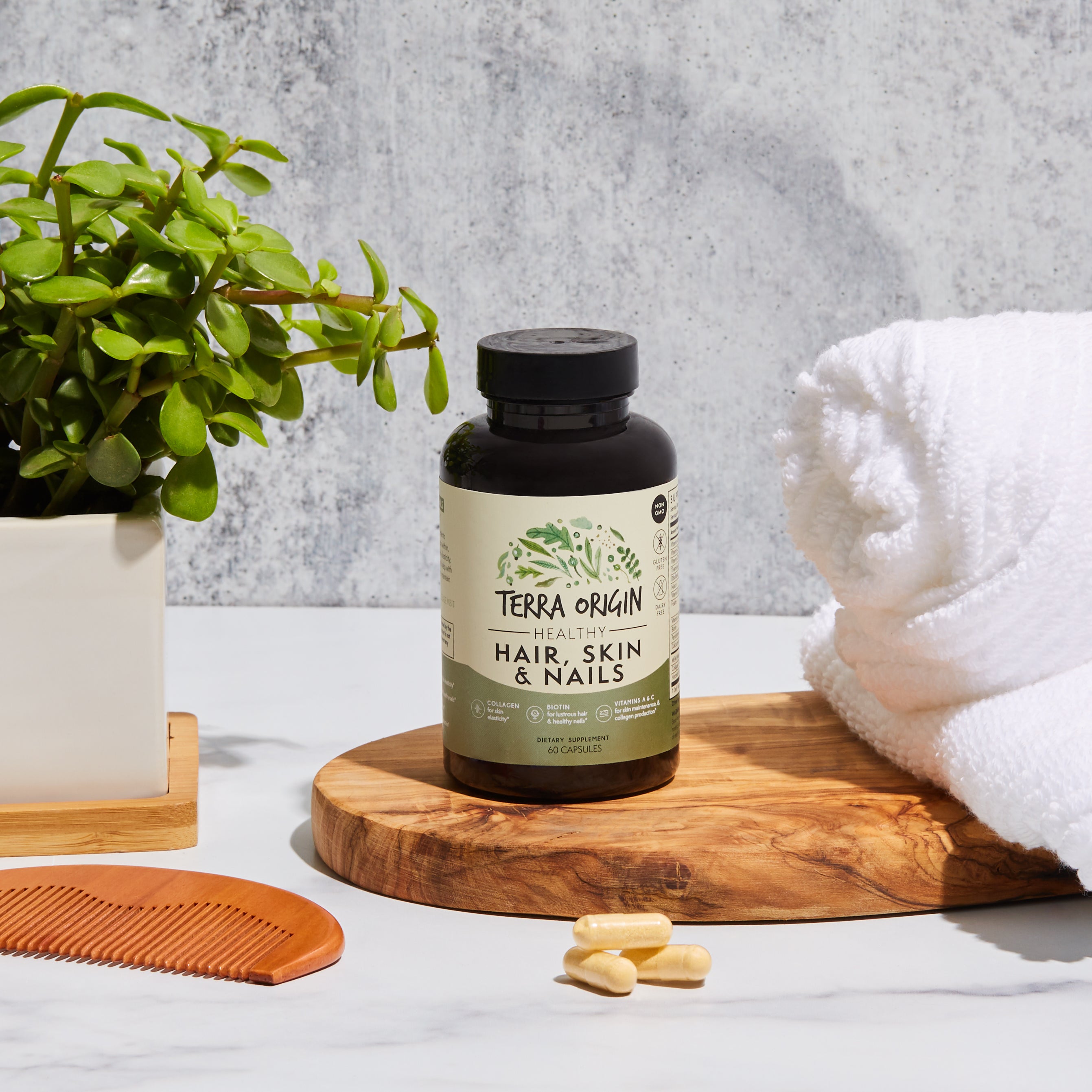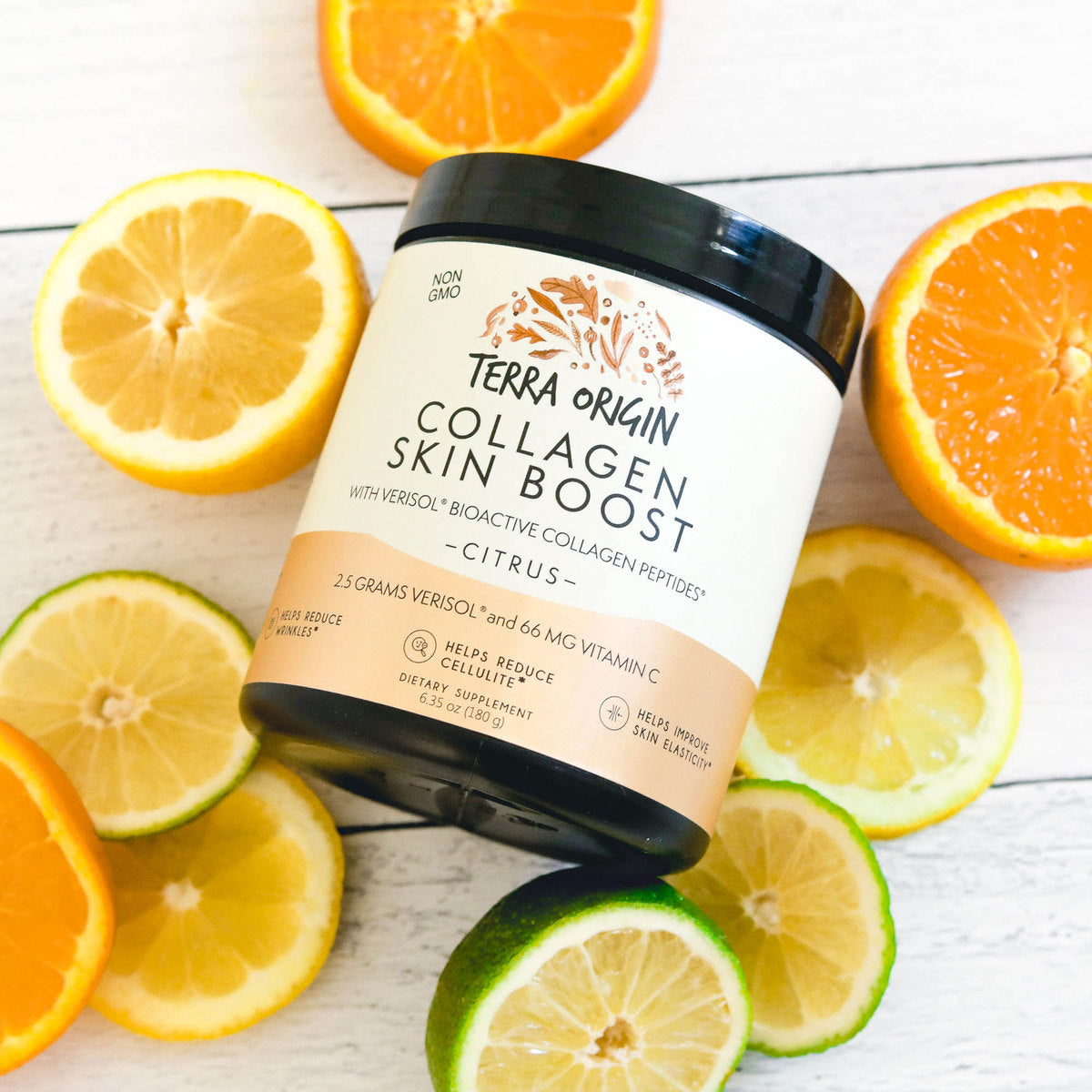The Power of Beauty Sleep

Sleep is important. This is a simple fact, and everyone has their own reasons as to why they value quality shut-eye. We’ve been told to get our beauty sleep, but does it really make us more beautiful? It certainly makes us less cranky, more alert, capable and focused which makes us smarter, so if you find emotionally balanced and intelligent to be beautiful, then yes! Sleep makes us more beautiful. While on the outside, it may not make you more attractive than yesterday, it certainly helps keep you looking as good as you do.
There is a lot more to a great night’s sleep than just laying down and closing your eyes. A lot goes on when you’re not awake, and there are many levels you must go through to really be rested. Five to be exact, and these five levels repeat every 90 minutes, hopefully, four times or more.
In the first level, you close your eyes, but you can still wake easily and may even claim you weren’t sleeping at all. After 5-10 minutes here, you’ll enter stage 2 where you are still lightly sleeping but your body has begun to prepare for deep sleep by lowering your temperature and slowing your heart. About ten minutes into this, your body enters stage 3 where you fall into a deep sleep. It is difficult to wake in this phase, but if we do, we may feel confused or disoriented. Stage four is the last level of non-rapid eye movement (NREM) sleep. The body is quite still with little to no movement in the muscles or eyes. At this point, you pass into rapid eye movement (REM) sleep.
REM sleep is spoken about often because this is when we dream. Our eyes quickly dart back and forth or up and down, our breathing becomes rapid and our heart rate increases. As the night progresses, the allotted time for each phase changes. At first, NREM sleep has the majority of the time, but as the night progresses, more time is spent in REM sleep. What time you finally go to bed seems to play a role as well. NREM sleep is more common between 11 pm to 3 am and REM sleep from 3 am to 7 am.
The actual hours you spend on the pillow have a lot to do with your circadian rhythm. This is like the brain’s inner clock, but instead of running on gears, it is kept on track with hormones and chemicals. The big players in the world of sleep are adenosine, melatonin and gamma-aminobutyric acid (GABA).
As evening comes and you begin to feel sleepy, your body is building up more melatonin and GABA, telling your brain bed time is near. The amount released into the blood stream slowly increases starting in the late afternoon and builds up until you can no longer stay awake. This action is triggered by lessening light which is why spending too much time in front of a screen in the late evening can disrupt your sleep. The blue and white light can actually hinder melatonin production.
The levels begin to drop as the early hours of the morning begin, so around the time of increased REM sleep. This is when the hypothalamus starts to add acetylcholine to your system which signals your brain to start waking up. The ebb and flow of these chemicals is what regulates your sleep/wake cycle.
For optimal health, we should feel awake for 15-17 hours and have continuous, restful sleep for 7 to 9 hours. This stillness is what gives our bodies the time to do all the things we need to be done in order to stay alive. The quality of our sleep not only affects our mental health. It also affects our physical health.
A good night’s sleep is how you repair your internal organs, like your heart and how you heal blood vessels. It is when you get your best growth and development for muscle strength and healthy bone cells. Sleep is what rejuvenates the immune system so it is quick to respond to problems in the body.
It’s also the time for checks and balances. To stay beautiful, your body must be able to regulate itself. Without the proper amount of ZZZs, the hormones which control hunger and satiation, ghrelin and leptin, are out of proportion, and your body stops reacting to insulin as efficiently. If all of this were not enough, a lack of quality sleep is directly linked to obesity and a higher risk for heart disease, diabetes, and kidney disease.
Unfortunately, our bodies can get a little confused with the circadian rhythm, or we may be breaking our cycles due to jobs or new infants. This can cause a whole host of problems, so we go to medications. Though some people may need them, it’s really important to know which are habit-forming and could possibly keep your body from ever maintaining healthy sleep cycles again.
If possible, choose a natural supplement. Take a look at Terra Origin’s Healthy Sleep for a nutraceutical with ingredients that have been thoroughly tested with your best health in mind. It is a scientifically-backed blend of herbs with the chemicals and hormones your body should be naturally producing, like GABA and melatonin. Chamomile, passionflower, valerian, hops, and L-tryptophan are all-natural ingredients used to relax the body and mind. It is non-habit forming and extremely gentle on the system.
It is not meant to replace any medications your doctor has prescribed, but if you’re looking for a holistic approach to sleep, this is a great place to start.




